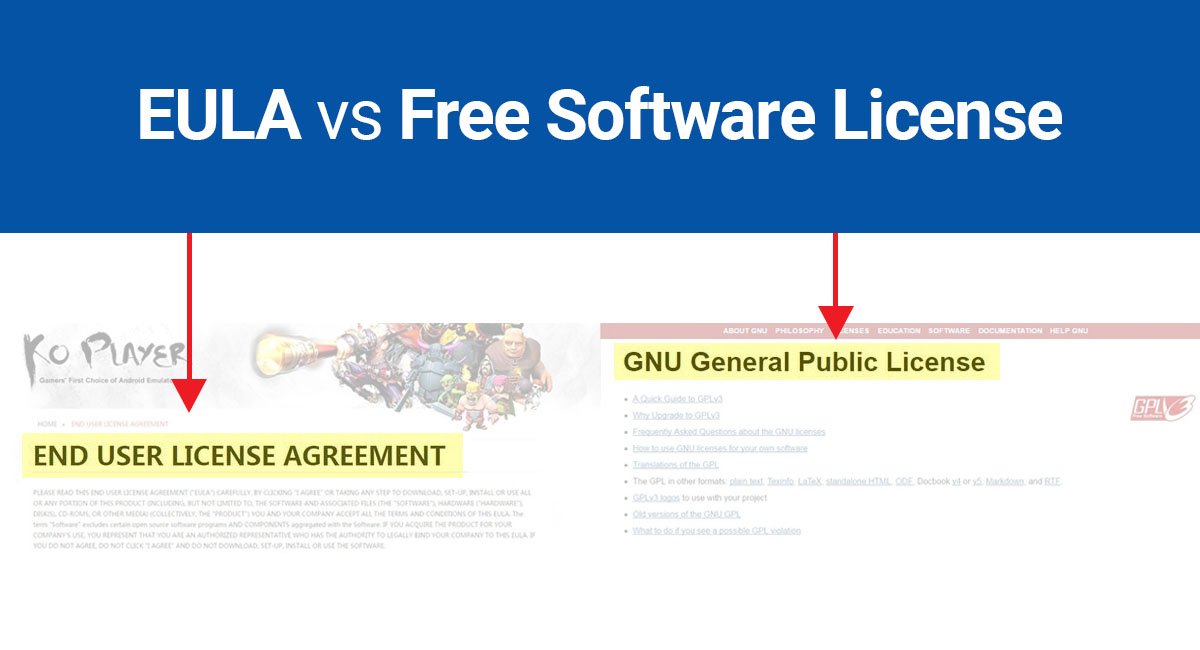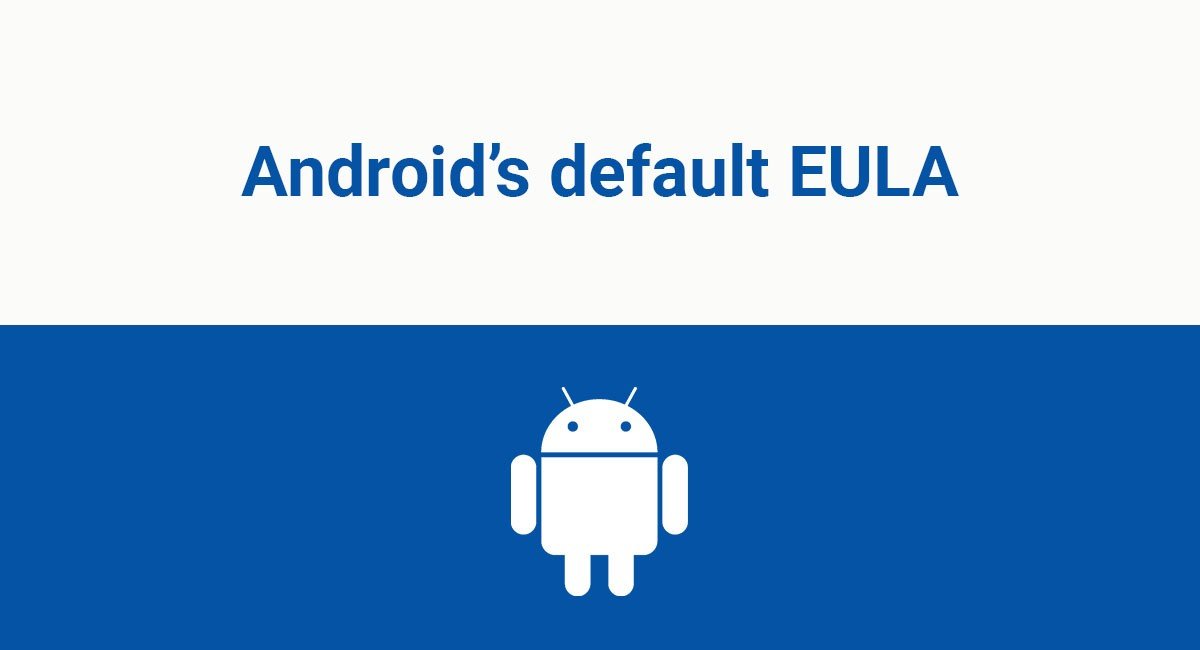Blog: EULA
Page 1
Navigate
-
EULA
-
Mobile Apps
-
COPPA
-
Cookies Policy
-
Disclaimers
-
SaaS
-
Privacy Policy
-
CCPA
-
Acceptable Use Policy
-
Return Policy
-
Uncategorized
-
Ecommerce
-
Legal Requirements
-
GDPR
-
Terms & Conditions
-
UK Data Protection Act
-
Test parent
- Test chield
- Test child 2 - is editing possible? probably not :(
-
European Union - Parent
- EU GDPR - child
-
Test 03
-
Test Idea
-
Test of category - renamed
-
test for V3
EULA vs Free Software License
Most software available today is licensed, not purchased. Consumers have no shortage of products to consider, and those with good programming skills often choose software with open code so they can add their own features and functionality. Generally, items with closed code are licensed through End Use License Agreements (EULA) while...
Custom EULA to Meet Apple's Minimum Requirements
If you develop apps for distribution in the Apple App Store, Apple provides a default EULA that you can choose to use for your app. This default EULA will automatically apply to your iOS app if you don't provide your own EULA along with your app. What's an EULA An EULA - also...
EULA During Installation
An EULA, or End User License Agreement, is a legal contract between a publisher of a software application and the end user who uses that software application. The user is typically presented with the EULA during installation of the application. The EULA agreement contains the terms that the user must comply...
EULA for SaaS apps
You will always need a Terms and Conditions for your SaaS app, but you might not always need an End User License Agreement, or EULA. The EULA agreement is a legal agreement that grants users a license to install and use software on their computers. In other words, EULA agreements are...
How to License Software
Your choice of a license agreement for software application depends on on what you wish to grant to a user. While most software apps only use the End-User License Agreement (EULA), there are open source licenses that give users more discretion on how they use a software's code. Here's a general guide...
Android's Default EULA
Android apps are not required by Google Play to include an End User License Agreement ("EULA"). However, having an EULA in place regardless can be a good thing for a number of reasons, including protecting your intellectual property, and limiting your liability to users of your app. While using the Apple platform...





